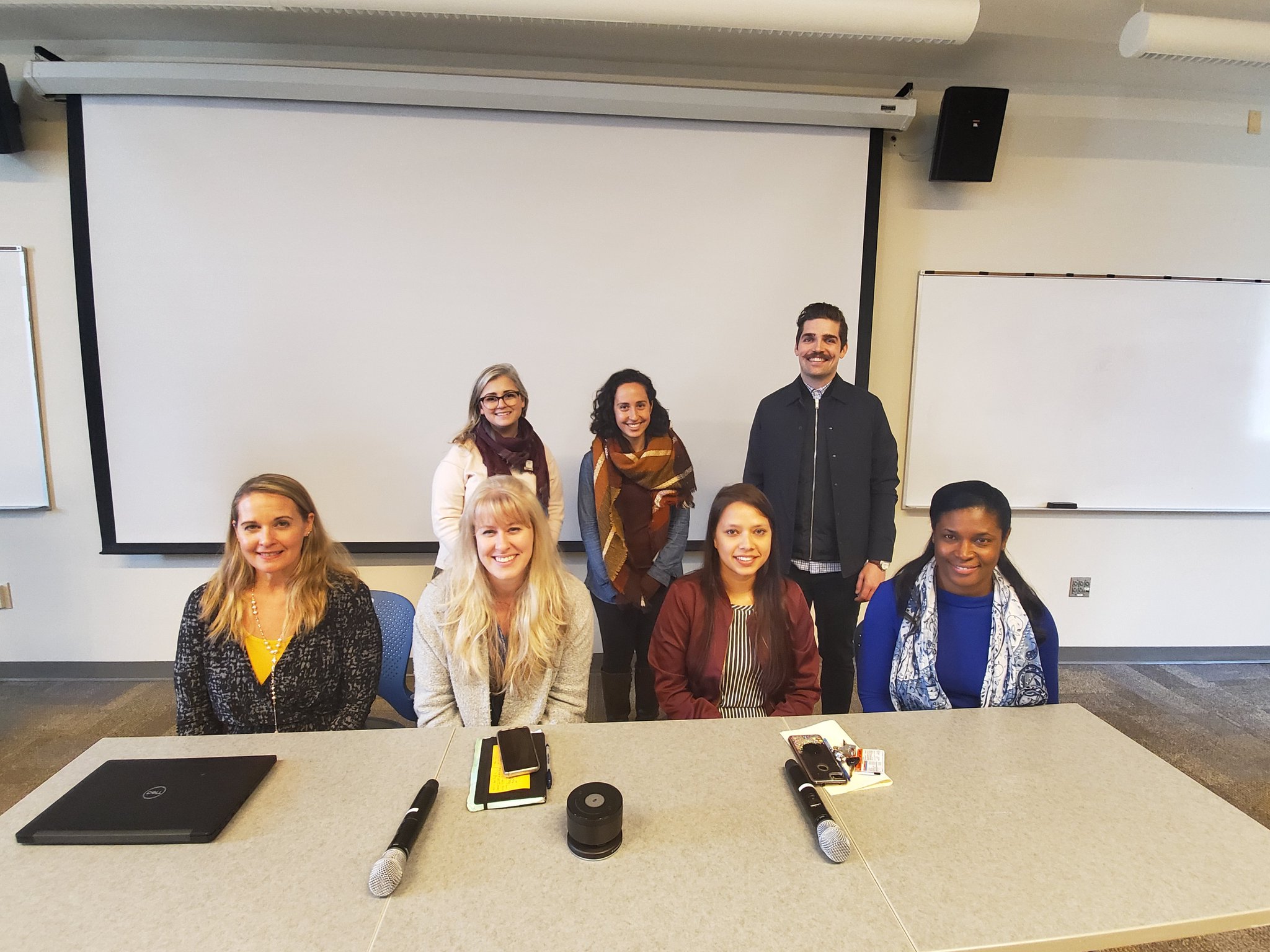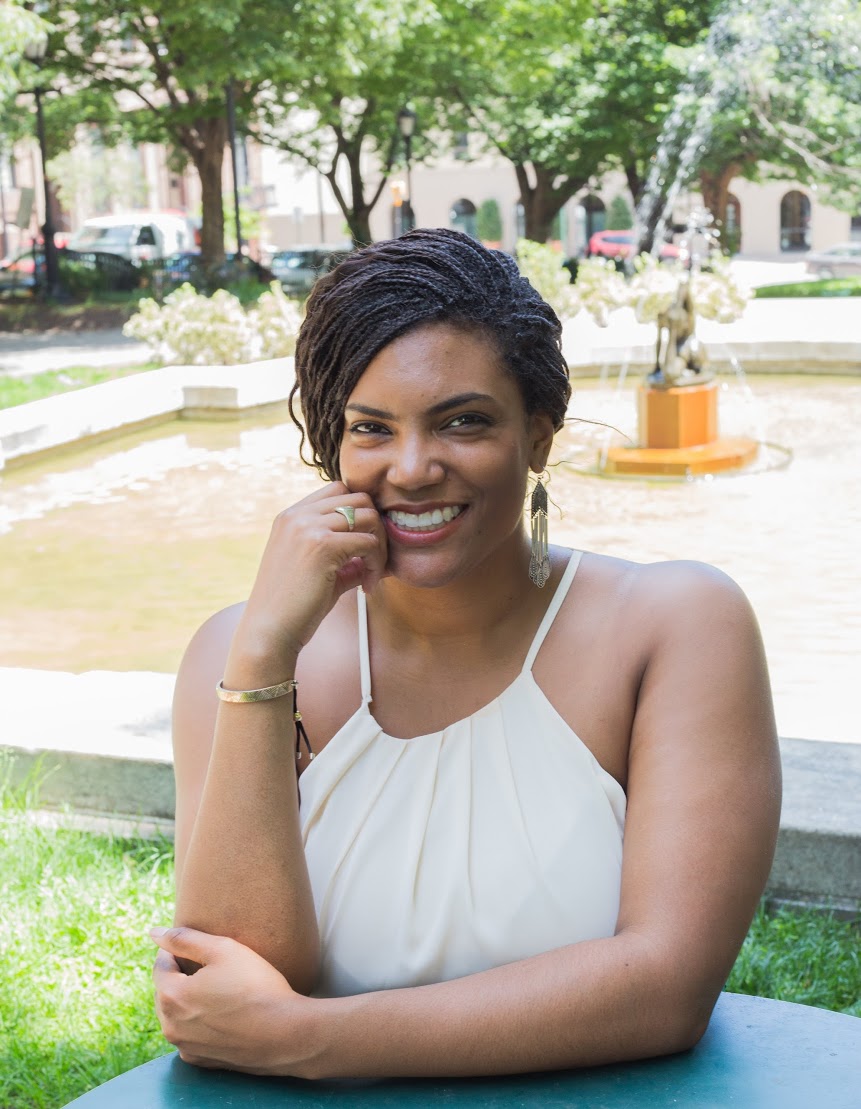Palliative Care: Cultural Considerations at End of Life (video)
Most people aren’t aware of the difference between palliative care and hospice—let alone how to respond sensitively to cultural considerations when caring for patients with serious, chronic conditions.
That’s why the Palliative Care Student Interest Group (along with the Black Student Nurses Group, Gertrude Stein Society, and LatinX Student Group) brought together Johns Hopkins School of Nursing faculty from diverse ethnic and religious backgrounds to shed light on the subject. Student group leaders are Alison Bradbury, Rebecca Lange, and Matthew Padgett.

Panelists:
Deborah Busch, DNP, RN, CPNP-PC, IBCLC, Assistant Professor
Dr. Deborah Busch grew up in a Pennsylvania Dutch (Mennonite) community. “In our tradition, it’s equally important to care for the people left behind when someone dies,” she says.
Binu Koirala, PhD, MGS, RN, Research Associate
Dr. Binu Koirala is from Nepal; she spoke from a Nepali, Hindu perspective. She shared that often, people who practice the Hindu faith will refuse pain medication at end of life in order to have a “good death” for reincarnation. It requires culturally sensitive negotiating.
Gloria Ramsey, JD, RN, FAAN, Associate Dean for Diversity, Equity, and Inclusion.
Dean Gloria Ramsey researches end-of-life, faith-based decision making among African Americans.
Tamar Rodney, PhD, RN, PMHNP-BC, CNE, Assistant Professor
Dr. Tamar Rodney is from Jamaica; she spoke from a Caribbean, Christian perspective. Time is a major difference between the American tradition and the Jamaican tradition. “It can take up to two months to bury someone because it is very important that everyone have a chance to say goodbye,” she says.
Rebecca Wright, PhD, BSC (Hons), Assistant Professor
Dr. Rebecca Wright is from England; she spoke from a British Christian and Atheist perspective.
Questions:
- Who are you, what do you do at the school of nursing and outside, and what community do you identify with?
- What’s your understanding of how death and dying are viewed within the community you identify with?
- Are there differences in how you view death and dying vs. other communities?
- Are there specific nuances/things that are unique to your community and/or faith that we need to know?
- In your community, is there a view of what a “good death” looks like?
- Who would be involved in the decision-making process regarding goals of care and end of life? Is the decision individual or does in involve family or the community? Are children involved in this decision?
- Is death viewed differently depending on the cause and age?
- Are certain conditions/causes of death considered with greater severity? For example, cancer vs Alzheimer’s?

ABOUT THE AUTHOR: SYDNEE LOGAN
Sydnee Logan is the Social Media and Digital Content Coordinator for Johns Hopkins School of Nursing. She shares what’s going on with the world.

